CELLULOSE FROM BAHIA TO THE WORLD WITH SUSTAINABILITY
We are Veracel Cellulose, a Brazilian bioeconomy company that produces eucalyptus fiber-based cellulose in a sustainable way. Altogether, our operations cover 11 municipalities in the Costa do Descobrimento region in the extreme south of Bahia. Our shareholders are the Brazilian company Suzano and the Finnish company Stora Enso, both with tradition in the cellulose and paper production.
We are made up of a diverse team and proud of what we do and what distinguishes us as one of the best companies to work for in Brazil.
We are part of a highly biodiverse environment with multiple cultures. We understand that producing cellulose in a sustainable way makes us unique, with great challenges and responsibilities. In this context, we protect the environment in our RPPN Estação Veracel and a preserved area with more than 90,000 hectares.
We promote the social development in the neighboring communities as we understand that our actions positively change the world by contributing to the fulfillment of global goals of sustainable development.
For us, growing means contributing to a better environment for everyone. This is how we seek to live our purpose of being responsible, inspiring people and valuing life.
Our purpose
Being responsible
inspiring people
valuing life
OUR WAY OF BEING
Our culture is based on five pillars:

Together with the people who work with us, we take care of our safety to be stronger.

Ethics and responsibility go hand in hand and guide our relationship with nature, communities and everything surrounding us.

Together, we can make out path to success a virtuous cycle in which we are protagonists with a strong sense of belonging and making us better people.

Together, the commitment to delivery, excellence and innovation drives our results beyond expectations.

Combining the ability to listen and argue in the most diverse contexts guarantees transparency and fair treatment.
Our way of doing what’s right!
Our Code of Conduct is a synthesis of all the learning we have experienced combined with the most modern compliance concepts. Much more than a document, it is an instrument that best translates Our Way, explains the way we behave and indicates the conduct we expect from all employees and business partners.
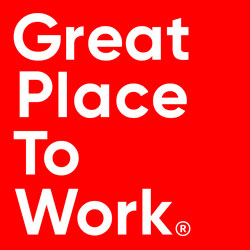
For the fifth time in a row, one of the best companies to work for.
HOW WE PRODUCE OUR CELLULOSE
SEEDLING NURSERY
EUCALYPTUS PLANTING
HARVEST
WOOD TRANSPORT
FACTORY
FROM BAHIA TO THE WORLD
Who “owns” Veracel Celulose?
A lot of people ask who “owns” Veracel. In fact, Veracel Celulose has two shareholders, Stora Enso (a Swedish-Finned company) and Suzano (a Brazilian company). Both companies hold 50% each and are market leaders, stating sustainability is a key part of their business strategies.
Stora Enso is a leading supplier of renewable products for packaging, biomaterials, wood and paper manufacturing, and one of the largest owners of private forests worldwide.
Suzano is a 100% Brazilian company and a global benchmark for the development of products made from eucalyptus planting, as well as one of the largest vertically integrated producers of paper and eucalyptus pulp in Latin America.
OWNERSHIP of Veracel Celulose

A MORE DIVERSE AND INCLUSIVE LOOK
Our purpose of being responsible, inspiring people and valuing life can only be experienced and practiced if there is dialogue, transparency and respect. Knowing that there are differences and each individual is unique is the first step in establishing a respectful relationship. That is why we have an initiative called “Empresa + Inclusiva”, whose mission is promoting diversity and inclusion in our company and making way for everyone to be who they really are, feeling comfortable and safe.
The initiative’s 26 members are volunteers and work so that the pillars of equality of gender, race and ethnicity, people with disabilities, LGBTQIA+ people and future generations are increasingly understood, known and respected inside and outside Veracel, always counting on the support of all in the company.
WHERE WE ARE

EUCALYPTUS PLANTING AND CONSERVATION AREAS
11 municipalities
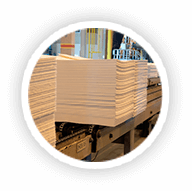
Factory Veracel Celulose
Eunápolis-BA
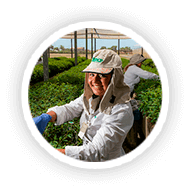
SEEDLING NURSERY
Eunápolis-BA
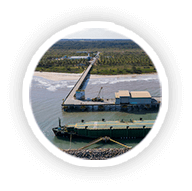
BELMONTE MARITIME TERMINAL
Belmonte-BA
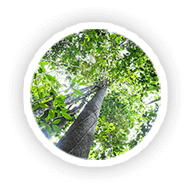
RPPN ESTAÇÃO VERACEL
Porto Seguro-BA

